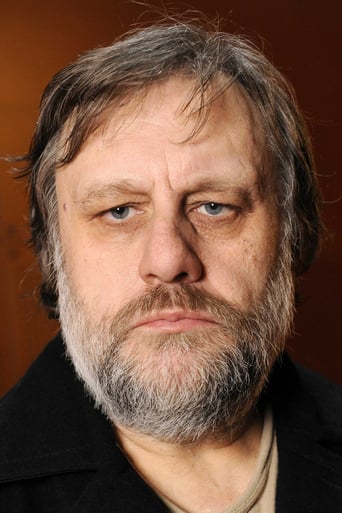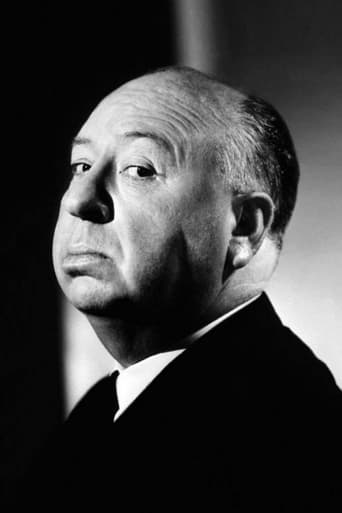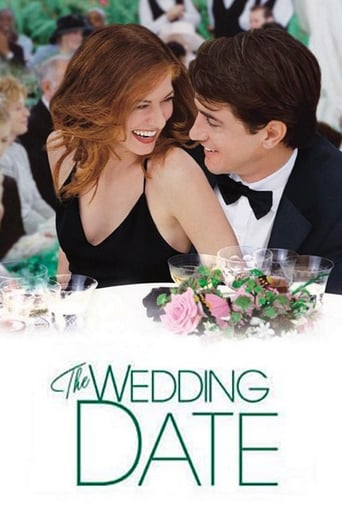
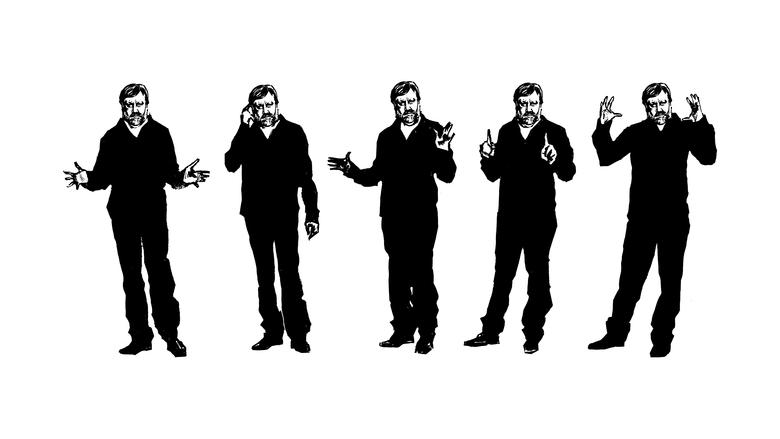
The Pervert's Guide to Cinema (2006)
A hilarious introduction, using as examples some of the best films ever made, to some of Slovenian philosopher and psychoanalyst Slavoj Žižek's most exciting ideas on personal subjectivity, fantasy and reality, desire and sexuality.
Watch Trailer
Cast
Similar titles
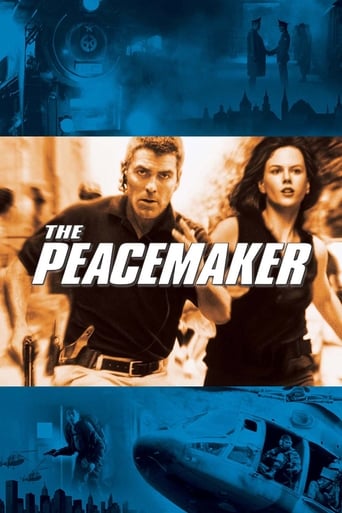
Reviews
It's funny watching the elements come together in this complicated scam. On one hand, the set-up isn't quite as complex as it seems, but there's an easy sense of fun in every exchange.
it is finally so absorbing because it plays like a lyrical road odyssey that’s also a detective story.
Strong acting helps the film overcome an uncertain premise and create characters that hold our attention absolutely.
It’s fine. It's literally the definition of a fine movie. You’ve seen it before, you know every beat and outcome before the characters even do. Only question is how much escapism you’re looking for.
While doing a random Netflix search was something called "The Pervert's Guide to Ideology"... It sounded like something that would appeal to my odd sense of humor.The film opens with one guy telling another guy (who somehow turned from a big black guy to an old German guy) to either put on glasses or eat from a trash can. I was already in stitches. But a few lines later I realized that I wasn't actually watching a comedy, but a preach-umentary in the vein of "WHAT THE #$*! DO WE KNOW?!"... at least that's how it seemed.It continued on with Slavoj Zizek narrating as the main character uses his sunglasses to determine whether or not the people he was looking at were aliens. I began to hurt my knee with my fits of unintentional laughter. I think at about this point I realized that the whole sunglasses dude was a different film... one called "They Live", which I'd never seen before but I might at some point because it looks like it would be a lot of cheesy fun.The annoying thing was that from this point I realized I was just watching some old guy tell us about his views of ideology (which Wikipedia tells me is "a set of conscience and/or unconscious ideas which constitute one's goals"). Therein lies the problem of this film... I know what my goals are, so if my conscience and subconscious are working towards achieving that, why the hell do I need some old fellow with an accent to tell me the problems with it?I was waiting for some kind of "pervert" to make an appearance in the film, and bizarrely it showed up when he was analyzing "the Sound of Music" and claimed that it was actually teaching us that Christianity is about sexuality. I guess no one told him that Catholics are not allowed to use birth control so that sex is not about pleasure but reproduction, which sort of flies in the face of his argument. In fact this whole argument sounds like someone who knows very little about Christianity and even less about The Sound of Music.Anyway, after watching as much of this as I could handle, I think I determined the point behind this movie to be: don't take things at face value. There, I just saved you two painful hours, and waiting in vain for something funny or perverse.
To be honest, I really wasn't sure if I was meant to take this documentary seriously. It's host, Slavoj Zizek, is a Slovenian psychoanalyst who is simultaneously interesting and ridiculous. One third of the time his theories went straight over my head, another third of the time I found them (unintentionally?) hilarious, while the final third of the time I saw where he was coming from. Although I can't in all honesty say that I came away from The Pervert's Guide to Cinema with a feeling that I had a greater understanding of the subtext of the films discussed. I didn't really agree with a lot of what Zizek said, his (over)analysis was very entertaining though. The documentary as a result feels much more about Zizek himself than the films. However, it does have to be said that the selection of movies covered is really pretty good, so from that basis alone this is a film documentary worth seeing.It's not especially clear who this is aimed at mind you. The title is very misleading. It makes it sound like it should be a guide to sexploitation films or something. Well, of course it isn't. Zizek examines Freudian theories in cinema specifically in the case of films by Alfred Hitchcock and David Lynch, but also with extensive clips from many other movies ranging from The Wizard of Oz to The Matrix. Zizek is the only person in this feature, so it works like an extended - if rambling - essay. Director Sophie Fiennes makes things a little more visually interesting by having Zizek appear to be in the film set himself - we see him in the cellar in Psycho, the hotel room in Vertigo and in a speedboat in Bodega Bay in The Birds. It's a neat touch, and quite funny too. As are much of Zizek's throwaway comments such as his view that 'flowers should be forbidden to children' or when he states that Stalinism was all about totalitarianism, mass murder and musicals. Even if you don't agree with this guy, you have to admit he is never exactly boring.
I understood from the credits to the film that Slavoj Zizek is the sole writer. Having seen Zizek lecture in person, and interviewed him on one occasion, would appear to confirm that it is tightly scripted. This in my opinion was a mistake. Zizek is calling all the shots in the film, which exposes the director's very shaky and underdeveloped premise: just let Zizek talk. And by just letting him talk, trust in him that he will enlighten us, the audience, and that you, the director, will be able to capture that. Problem is that the director doesn't understand what he's talking about, which makes her incapable of editing him (hence the extraordinarily long running time! of over two hours!!). And since she cannot engage with his discourse all she contributes in the way of direction are a series of jokey mises en scenes where Zizek gets to live out his fantasies by appearing in his favourite films. What would have worked much better is if Zizek had had an interlocutor, someone to contradict him. Or if some of his fantasy screen idols, rather than remaining impassive and mute to his presence, had woken up. But the director can't do that because she doesn't have the confidence or knowledge of his philosophy, so instead she just lets him ramble, interminably, for over 2 HOURS, in the kind of free association mode that should only ever be heard in private from within the analyst's surgery. The film presents a one way conversation, a closed discourse, and we end up not really involved, as voyeurs. Maybe that's the point, the "pervert" of the title. But then I thought that voyeurs were supposed to get a thrill...
Slavoj Zizek sure is a strange man. philosopher and psychoanalyst does something that very few others, for some unknown reason, have done, and that's taking movies that we know and love, and putting them on the couch for analysis. This is a startlingly simple yet brilliant concept. I am not sure why this hasn't been done before. Zizek takes movies that are obvious for analyzing, eg, Blue Velvet, Psycho, and some that are not so.. eg The Conversation and The Birds. Although Zizek is hard to understand sometimes because of his theeeck accent, the images come fast and furious, so that's fun, also Zizek takes great pains to recreate locations of scenes, which also adds to the entertainment value of this otherwise talky film. .
